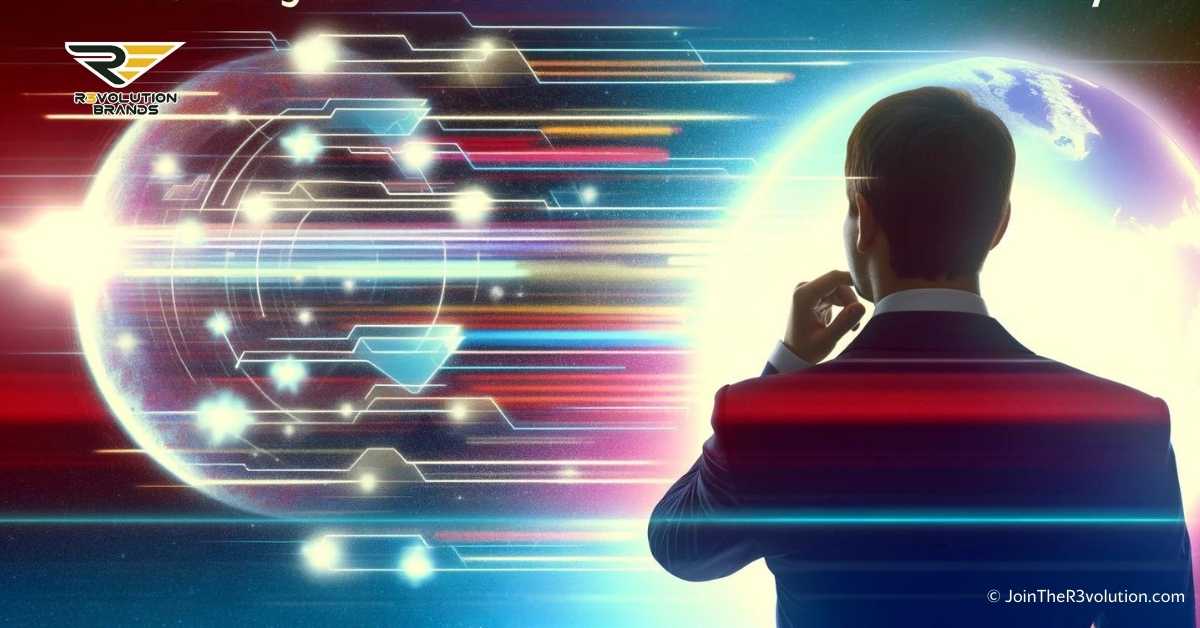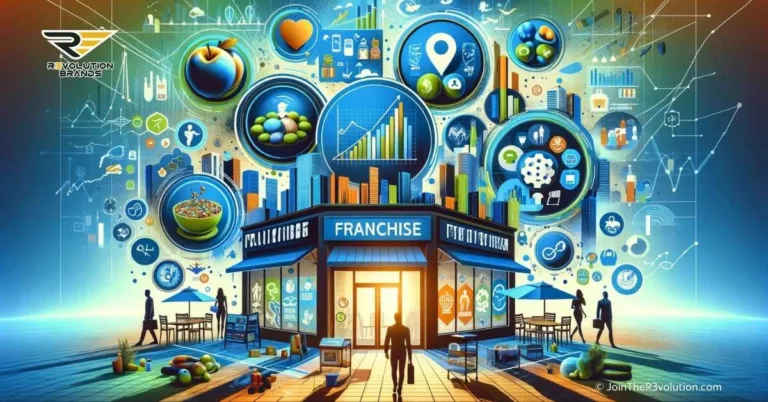The franchise economy, a business strategy that intertwines replication, scalability, and community at its core, is witnessing tremendous transformation. A sustainable business model for many, franchising’s future will be dictated by evolving consumer landscapes, market trends, and technology.
To better prepare for the impending shift and navigate the ever-changing franchise economy, it’s imperative to focus on the emerging trends and their impacts. Let’s take a deep dive into the anticipated trajectories of the franchise economy and the sustainable business models these upcoming transitions are projected to create.
Key Trends Influencing the Franchise Economy
Several overarching trends, from sustainability efforts to advances in technology, are already steering the direction in which the franchise economy is heading. It’s essential for budding franchisees and established franchisors to keep abreast of these developments and adjust their business strategies for the changing tide.
Sustainable Business Models as Standard Practice
As the world grapples with environmental and economic challenges, the clamor for businesses to adopt sustainable practices has never been louder. Companies operating within the franchise economy are responding by placing sustainability at the precipice of their business strategies.
The rising demand for sustainable products and services is accelerating this shift, but it’s not just about greener choices.
In essence, sustainable business models in the franchise economy will revolve around sustainable operations at every level. This includes ethical sourcing and supply chain management, fair trade and wage practices, and local community development initiatives.
For franchisors and franchisees, the shift towards sustainability-driven business models will function as a brand differentiator, attract socially conscious customers and prospective franchisees, and foster long-term growth and resilience, shaping the franchise model of the future.
Technological Transformation
Much like every other economic sector, the franchise economy is on the verge of a technological revolution. Franchises are employing various new technologies, including AI, blockchain, and Big Data, to revolutionize traditional tasks like contract management, operational processes, and demographic exploration.
For instance, the use of Blockchain in contract management can ensure transparency, uphold accountability, and facilitate faster transactions.
Similarly, the application of AI and Big Data can provide valuable insights into consumer behavior, market trends, and promotional strategies, enhancing the franchisors’ decision-making process and market penetration.
Balancing Replication with Localization
The appeal of the franchise economy essentially lies in the ease of replication it provides. However, a one-size-fits-all approach no longer satiates the discerning audiences of today.
The upcoming decade will require franchisors to strike a balance between maintaining their brand’s uniformity and fostering local relevance.
Successful franchises will be those that can adapt their offerings to the local demographic, incorporate cultural elements into their branding and community engagement efforts, and assert their local presence.
The Boon of E-commerce
The onset of the COVID-19 pandemic accelerated the shift towards digitalization for several sectors of the economy, including the franchise landscape. In light of this, franchises have recognized the necessity of extending their footprint beyond physical boundaries and embracing e-commerce and online platforms.
The franchise economy stands at the threshold of an online expansion, bridging the gap between in-store experiences and virtual customer engagement.
What These Trends Mean for Sustainable Business Models
The aforementioned trends aren’t isolated changes; they are interlinked shifts that will collectively reshape sustainable business models within the franchise economy.
Shifting to sustainable operations isn’t just about reducing environmental impact, but also about maintaining ethical practices and fostering symbiotic relationships with local communities and suppliers.
Notably, embracing sustainable business models will contribute to community development, environmental preservation, and economic growth, making franchises more resilient and competitive in a rapidly changing business landscape.
Equally, localization of franchises will be instrumental in driving sustainable practices. By using local suppliers, franchises can reduce their carbon footprint, boost regional economies, and build stronger community relationships, manifesting in sustainable growth at both the local and franchise level.
Adding to this, technology and sustainability will converge to form the future of franchising. Franchisers will leverage technology to go green, optimize resource utilization, and create transparent sustainability reports, ultimately enhancing operational efficiency and fostering trust among customers.
The Future of the Franchise Economy
With the coming decade forecasted to be a period of significant transition and growth for the franchise economy, franchisors and franchisees must make calculated moves to adapt to and leverage these shifts. What’s clear is that sustainability, technology, and localization will be instrumental in shaping the future of the franchise economy.
Technological innovation promises to deliver more efficient and transparent operations, while localization ensures franchises remain relevant and connected to their demographic.
Simultaneously, the push towards sustainability will pose rewarding challenges, as franchises strive to meet global standards and customer expectations, contributing to a resilient and vibrant global franchise economy.
Hence, the future for franchising is indeed exciting, marked by significant opportunities for growth and the potential for a positive, widespread societal impact. If franchises learn to adapt to these trends and incorporate them into their core business strategies, the franchise economy stands to emerge as a leading sustainable business model of the future, creating meaningful change one franchise at a time.
It’s safe to say that the franchise economy’s accelerator of growth lies in sustainable, localized, technology-driven adaptation, reinforcing that indeed, the future is franchised.





